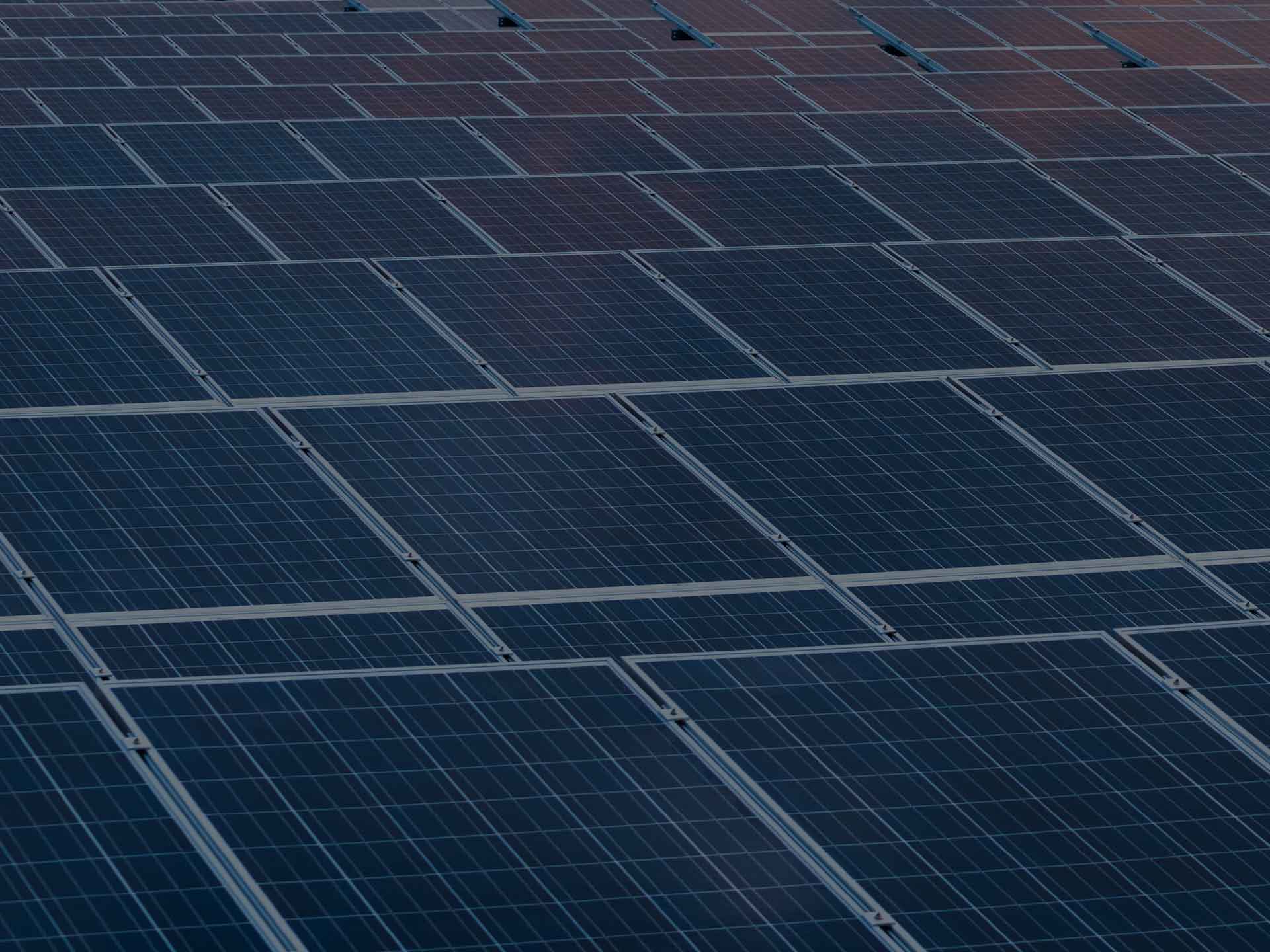Summary
The Maximising Solar PV with Phase Change Thermal Energy Storage project developed a low cost, phase change material (PCM) for the industrial and commercial refrigeration market, and also to optimise the control and operation of PCM thermal storage systems integrated with solar photovoltaics (PV).
Key results
- The importance of multiple demonstrations. To validate research for various audiences, multiple demonstrations are needed. Specifically, technical audiences require controlled laboratory experiments, while commercial audiences require in the field demonstrations. This project resulted in two demonstration systems. Future projects will need multiple demonstrations.
- It was critical to develop an optimum control strategy which could be practically implemented. The optimal control strategy was to be evaluated through simulation. This was successfully achieved. However, the complexity of the control strategy and its uniqueness relative to the conventional control options applied to the thermal storage system could not be ignored.
The technology has a promising commercial pathway with a number of potential installations being considered. If commercial uptake can be achieved, the technology can be deployed to operate with up to 23% of the annual electrical energy used in the NEM, offering significant demand management opportunities and expanding solar PV installations with end users.
Internationally, there is a pathway to deploy/license this technology in China, the Middle East and India once local deployment has proved successful. Both China and India provide regulatory incentives for thermal storage. Furthermore, with the global phase out of HFC refrigerants, these markets require new energy efficient refrigeration solutions which thermal energy storage is able to deliver with natural refrigerants. Future research pathways have been identified which can improve the techno-economic performance of the technology for all these markets.
This project consists of:
Learn more
Need
Energy-dense PCM can offer large commercial customers with cooling and heating requirements an economic energy storage solution involving the greater use of on-site renewables to reduce peak demand and energy costs.
Appropriate controls, as well as efficient PCM and rapid charging, are needed to ensure the thermal energy storage facility does not become oversized and therefore uneconomic.
Project innovation
A new PCM was developed to enable the efficient operation of conventional refrigeration systems. To reduce storage size and cost, improved methods for charging and discharging were explored. Optimal controls were developed to forecast solar PV output, adapting the storage system to the thermal demand from the customer, while meeting contracted peak demand reduction targets.
Benefit
Optimising the control and operation of PCM thermal storage, combined with solar PV, has the potential to provide reliable and economic storage solutions in the refrigeration sector. The project will increase efficiencies and reduce costs for the industrial and commercial refrigeration market.
Read more about renewables for industry.




